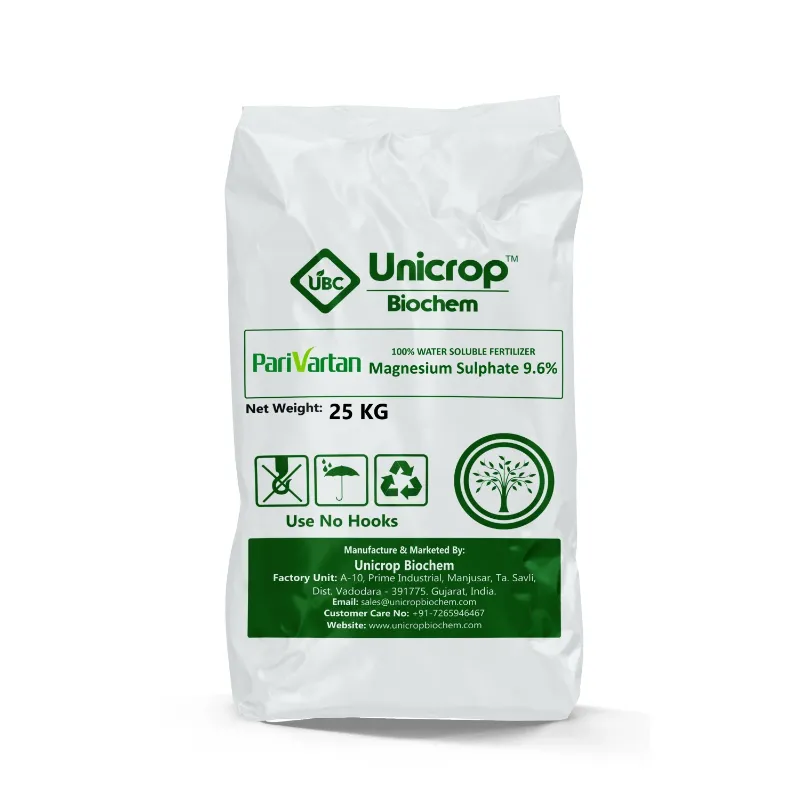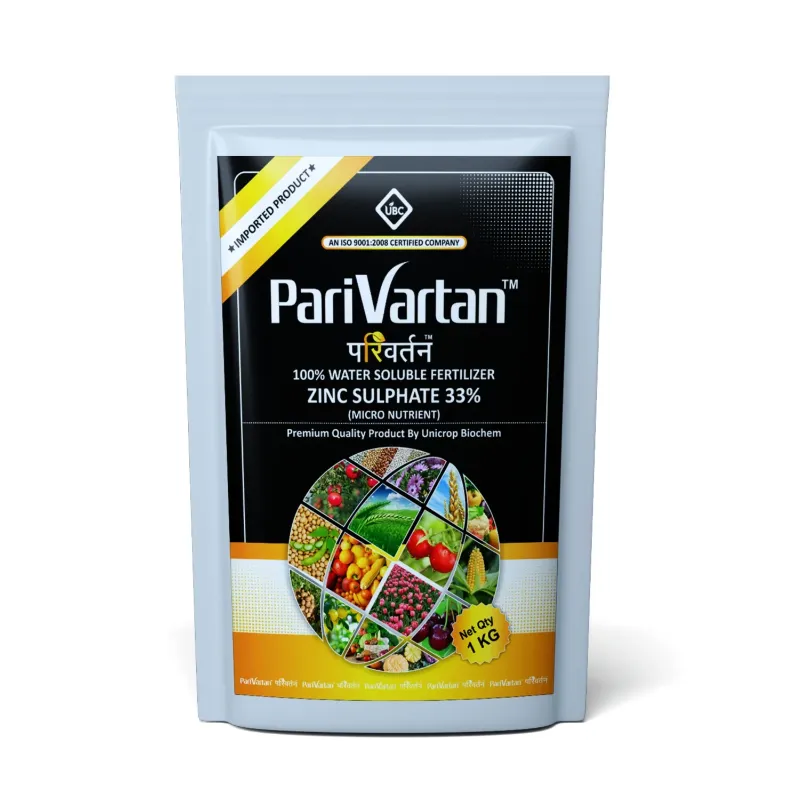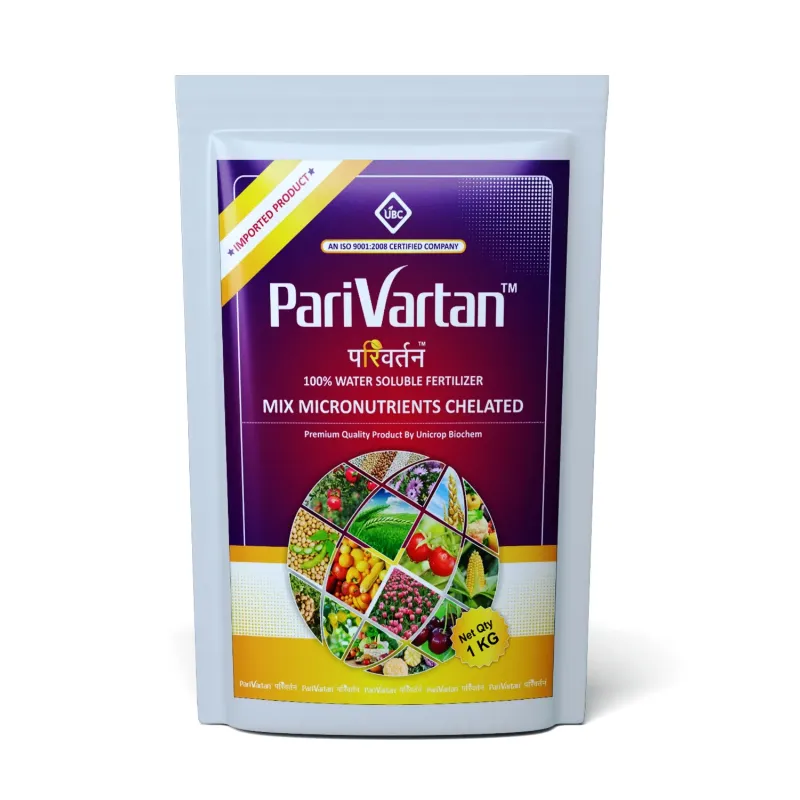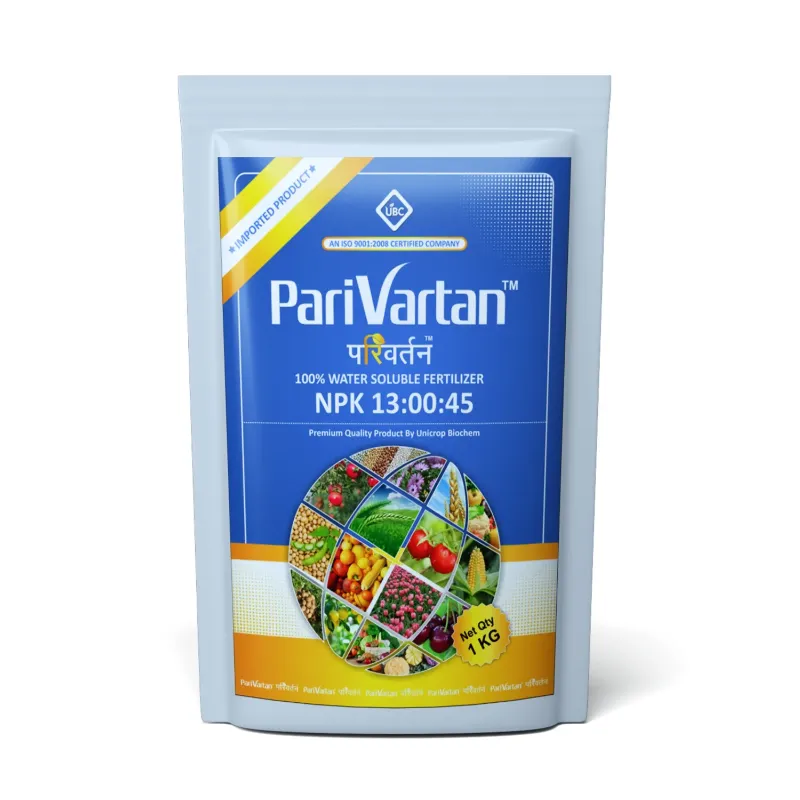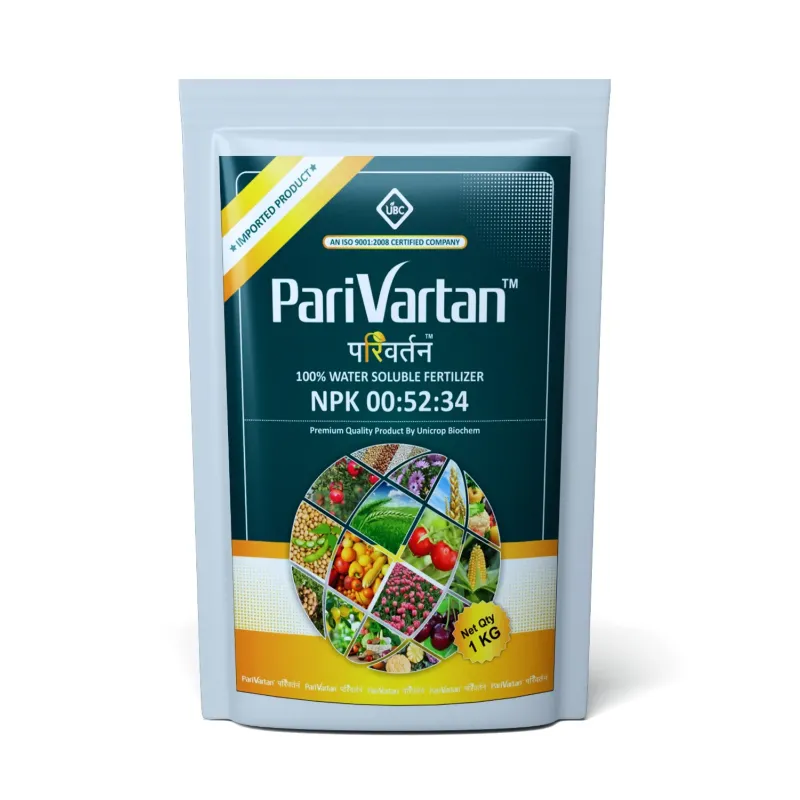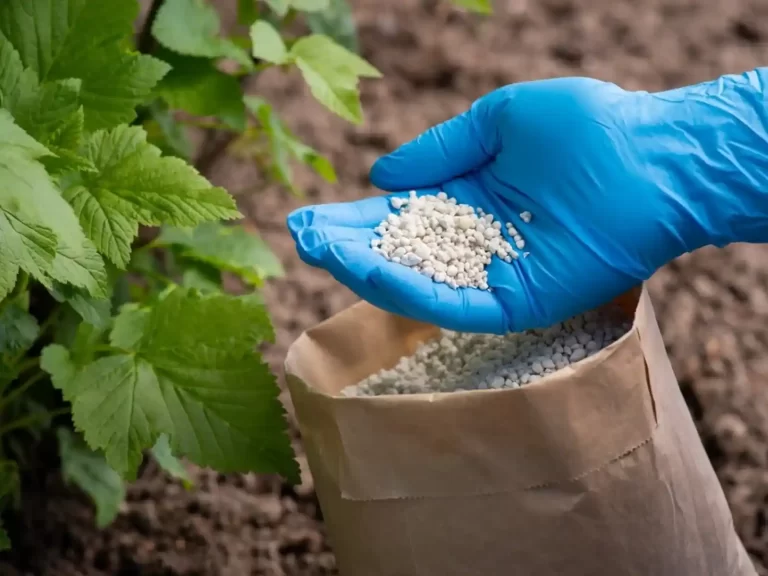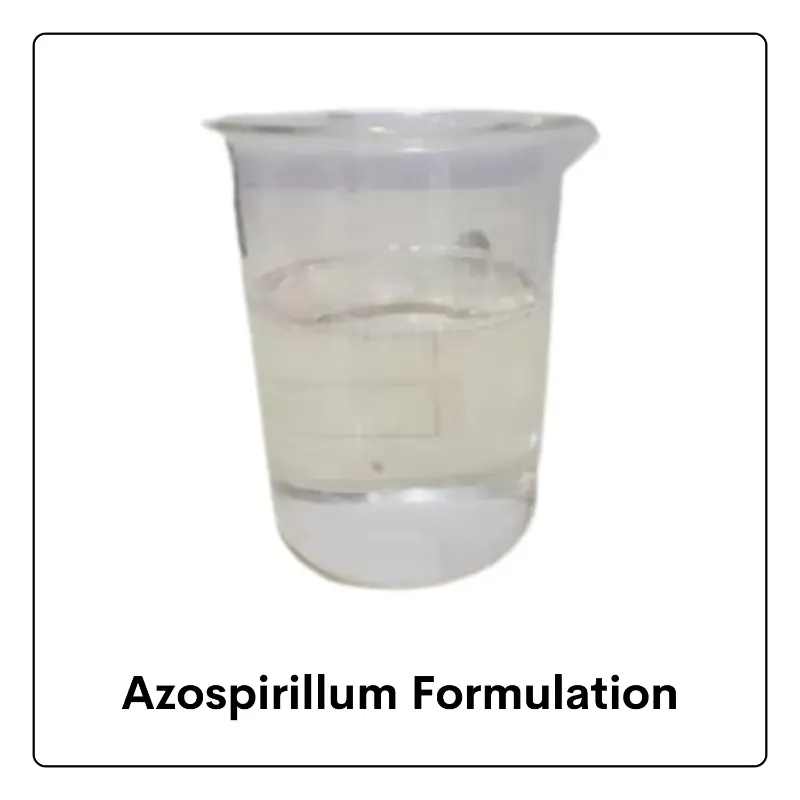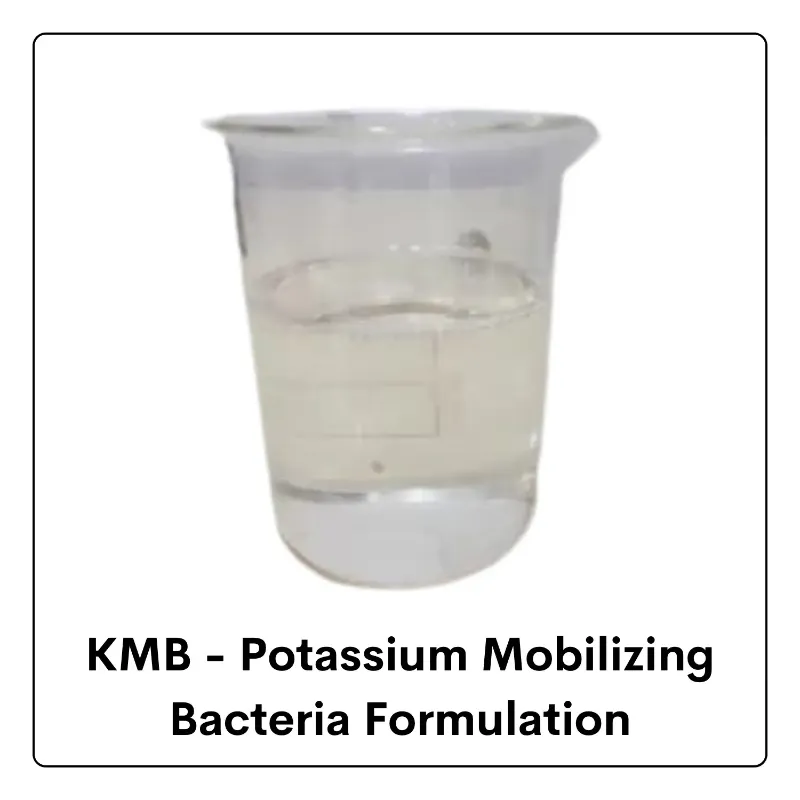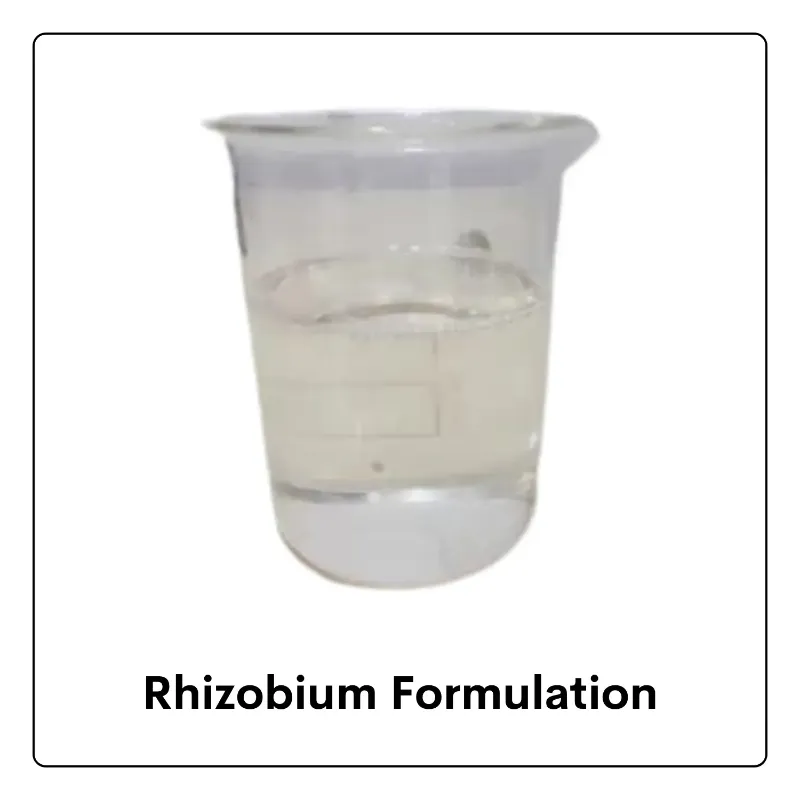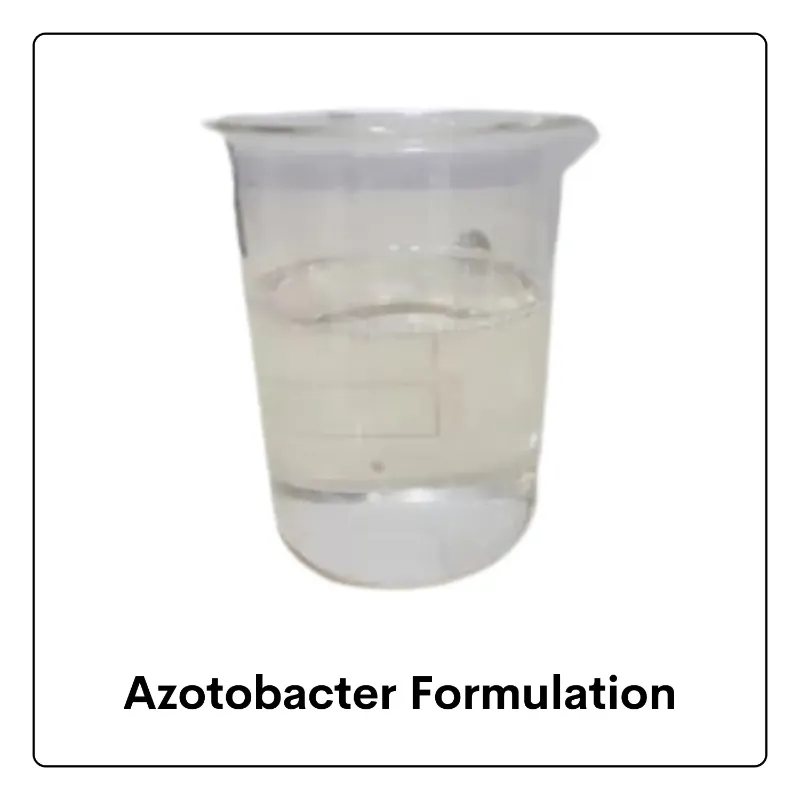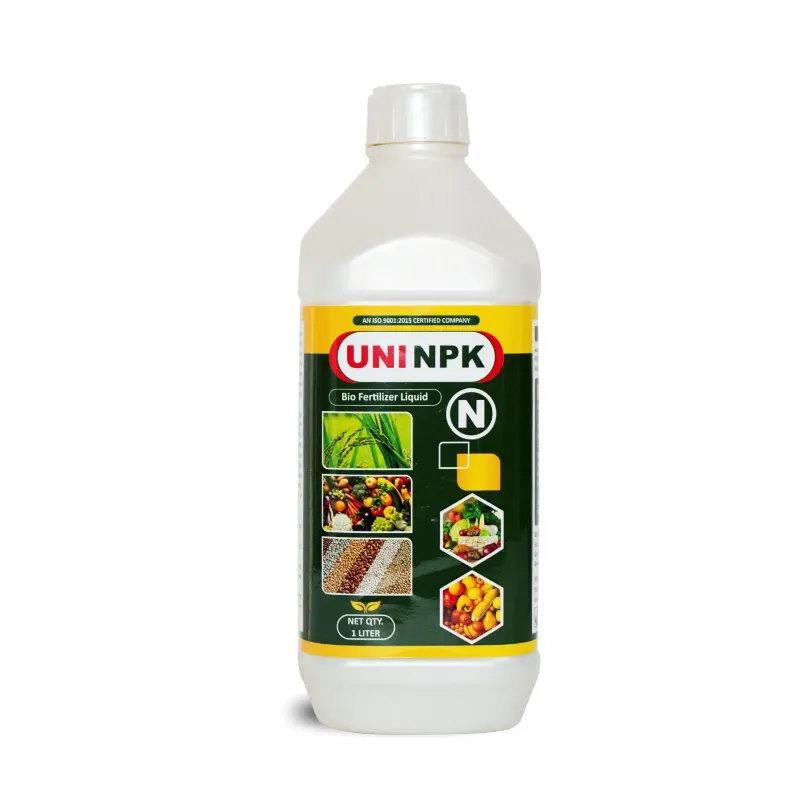Introduction:
As concerns about environmental sustainability and soil health continue to grow, many farmers are seeking alternative or organic options to traditional NPK fertilizers. While NPK fertilizers containing nitrogen, phosphorus, and potassium are widely used to enhance crop productivity, there are several alternative and organic fertilizers available that offer similar benefits without the drawbacks associated with synthetic fertilizers. Let’s explore some of these alternatives.
Compost:
- Compost:
Description: Compost is a nutrient-rich organic fertilizer made from decomposed organic matter, such as food waste, yard trimmings, and animal manure.
Benefits: Compost provides a balanced source of nitrogen, phosphorus, and potassium, along with micronutrients and organic matter essential for soil health. It improves soil structure, water retention, and microbial activity, promoting healthy plant growth and reducing the need for synthetic fertilizers. - Manure:
Description: Animal manure, such as cow, chicken, or horse manure, is a natural fertilizer rich in nitrogen, phosphorus, and potassium.
Benefits: Manure provides a readily available source of nutrients for plants and improves soil fertility and structure. It also enhances soil organic matter content and microbial diversity, contributing to long-term soil health and productivity. - Cover Crops:
Description: Cover crops are crops grown primarily to improve soil health, prevent erosion, and suppress weeds, rather than for harvest.
Benefits: Cover crops, such as legumes (e.g., clover, vetch) and grasses (e.g., rye, oats), fix nitrogen from the atmosphere, release phosphorus and potassium through decomposition, and enhance soil nutrient cycling. They also improve soil structure, water infiltration, and nutrient retention, reducing the need for synthetic fertilizers. - Bone Meal:
Description: Bone meal is a natural fertilizer made from ground animal bones, primarily containing phosphorus.
Benefits: Bone meal is rich in phosphorus, an essential nutrient for root development, flowering, and fruiting. It helps improve soil phosphorus levels and promotes healthy plant growth, particularly in phosphorus-deficient soils. - Fish Emulsion:
Description: Fish emulsion, made from fish byproducts such as fish meal or fish waste, is a liquid organic fertilizer.
Benefits: Fish emulsion provides a source of nitrogen, phosphorus, and potassium, along with micronutrients and beneficial compounds like amino acids and enzymes. It stimulates plant growth, enhances soil microbial activity, and improves nutrient uptake by plants. - Green Manure:
Description: Green manure refers to the practice of growing certain plants, such as legumes or grasses, and then incorporating them into the soil while still green or shortly after flowering.
Benefits: Green manure crops, such as clover, alfalfa, or rye, add organic matter to the soil, fix nitrogen from the atmosphere, and release phosphorus and potassium upon decomposition. They improve soil fertility, suppress weeds, and enhance soil structure and moisture retention. - Organic Fertilizer Blends:
Description: Formulators create organic fertilizer blends by combining organic materials such as compost, manure, bone meal, and other natural ingredients.
Benefits: Organic fertilizer blends provide a balanced source of nutrients, including nitrogen, phosphorus, and potassium. As well as micronutrients and organic matter. They improve soil fertility, support beneficial soil microorganisms, and promote sustainable agriculture practices. - Worm Castings:
Description: Earthworms produce nutrient-rich waste, known as worm castings or vermicompost, as they digest organic matter.
Benefits: Worm castings are high in nutrients, including nitrogen, phosphorus, and potassium, and contain beneficial microbial populations. They improve soil structure, water retention, and nutrient availability, promoting healthy plant growth and reducing the need for synthetic fertilizers.
Conclusion:
In conclusion, there are several alternative and organic options to traditional NPK fertilizers. That offer similar benefits while promoting soil health and environmental sustainability. Compost, manure, cover crops, bone meal, fish emulsion, green manure, organic fertilizer blends. And worm castings are just a few examples of natural fertilizers rich in nitrogen, phosphorus, and potassium. By incorporating these organic alternatives into their nutrient management practices, farmers can reduce reliance on synthetic fertilizers. Improve soil fertility and structure, and promote sustainable agriculture for the long term. As the demand for organic and environmentally friendly farming practices continues to rise. These natural fertilizers offer viable solutions for enhancing crop productivity while protecting the health of our soils and ecosystems.
